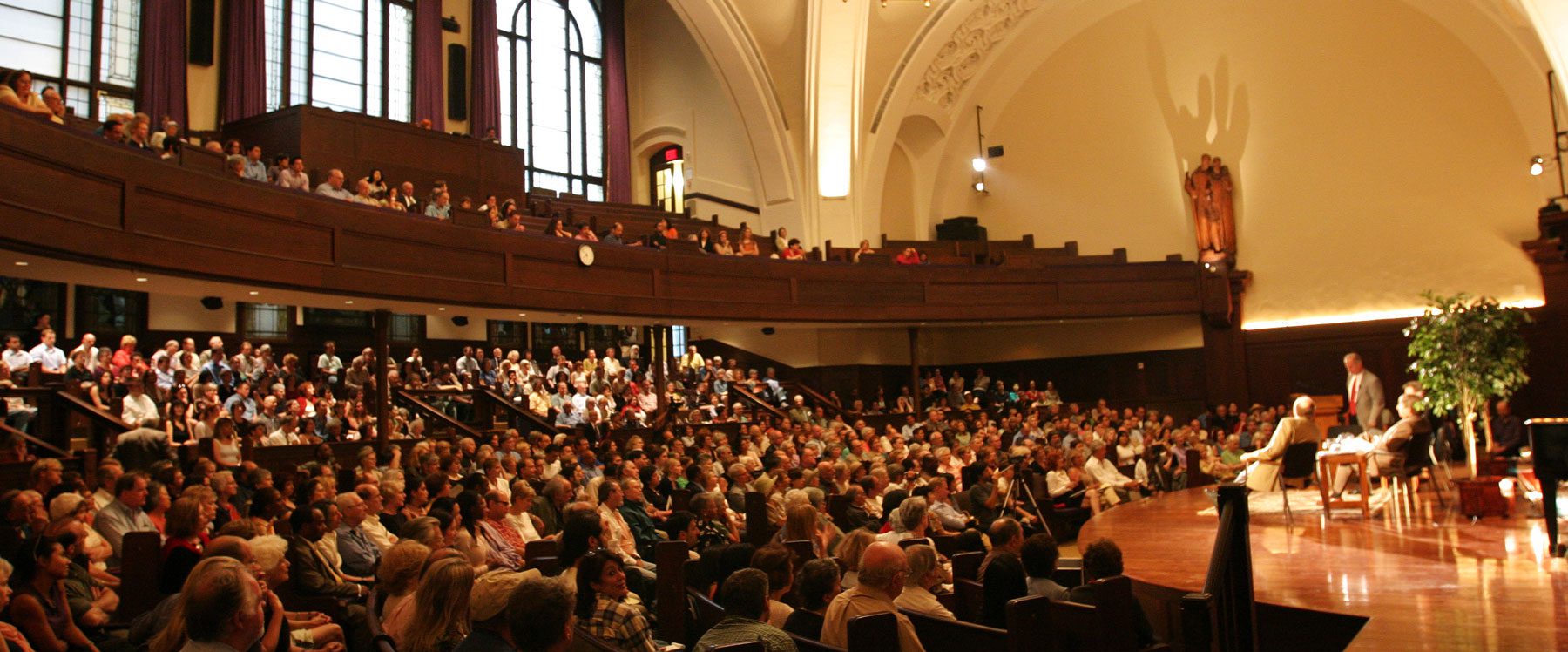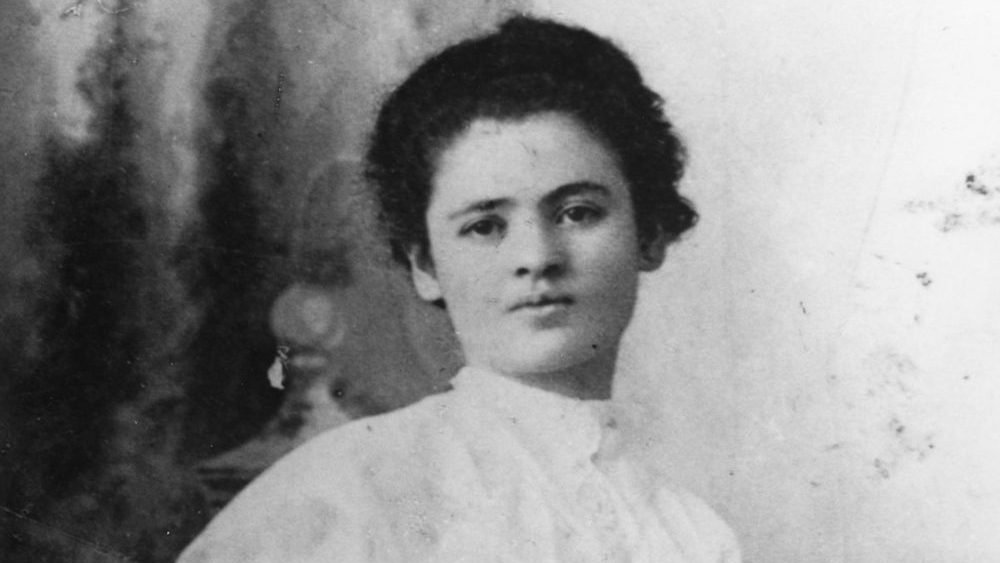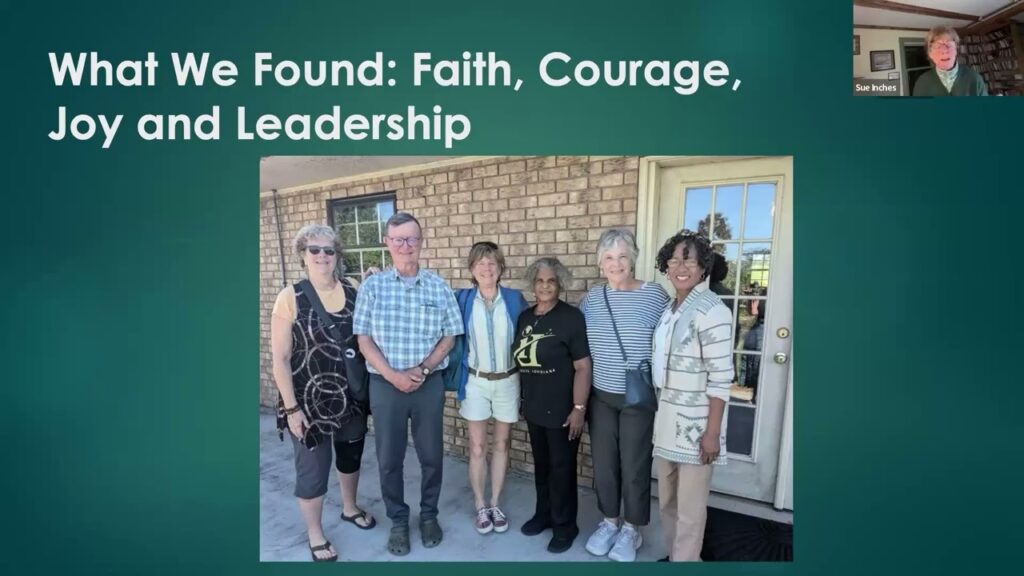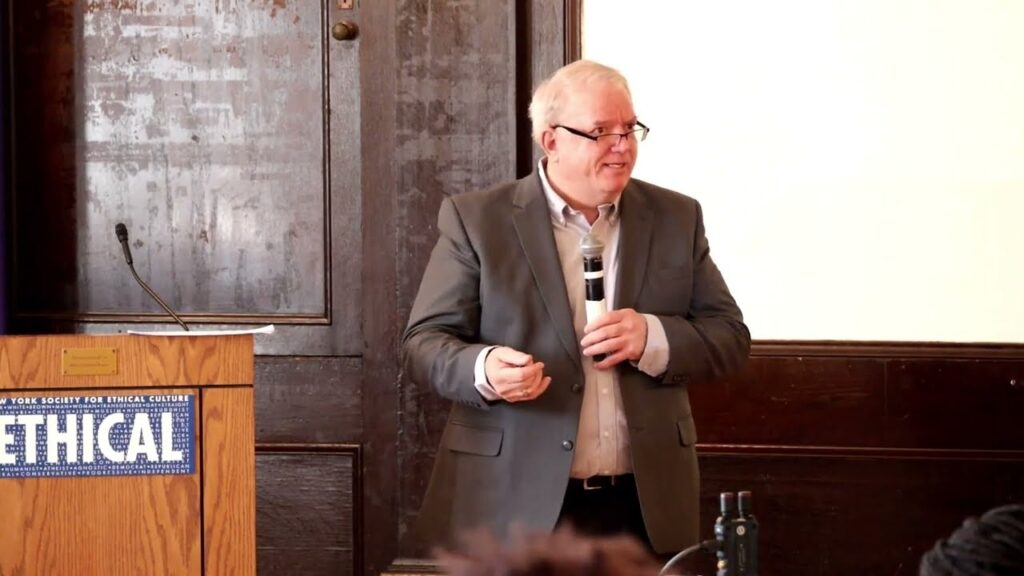
In my role as Leader of the New York Society, I am called upon to make public statements about local and world events, either to clarify an ethical position or give my personal opinion. It is important that we stay current and join the conversation. But this summer I have been silent. The violence has been so overwhelming that I felt both paralyzed and too full of feelings to write anything meaningful. And then I reflected upon my day and knew.
Yesterday was New Student Orientation at Columbia University. I staffed the University Chaplain’s table with two colleagues for two hours in the blazing sun, greeting freshmen and their parents from across the country – and not a few from among NYC’s five boroughs. We handed out literature and swag (pens and plastic bracelets decorated with faith logos); we chatted with them about their dreams.
Yesterday was also Michael Brown’s memorial service. He and his parents did not participate in any school’s New Student Orientation, although he, too, had dreams. With his hands in the air, he was shot to death on a street in Ferguson, Missouri and left there for four hours while the police officer who killed him waited for back-up. His parents, who rushed to the scene as soon as they heard the news, were not allowed to go to him. They were not allowed to cradle the body of their beloved son.
Eric Garner had dreams for his children and also will not be the “helicopter parent” that colleges fear: the ones who “hover” over their children, loathe to let them go, even though they know they must. His children will grow up without a father because he was killed on a street on Staten Island. While he gasped, “I can’t breathe,” a police officer killed him with a chokehold.
These men were black; their killers white – police officers, civil servants charged with the responsibility of protecting the lives of people in the communities they serve. Now the men who ended their lives may be charged with homicide.
We hold these individuals responsible, but we must also hold the systems in which they work responsible, as well as the culture in which we live that still values one color skin over another. All of us must take responsibility. But how?
Some people took to the streets; others called press conferences, gave media interviews and wrote opinion pieces. Families, friends and neighbors called for justice and were joined by people across the country and around the world. They sent condolences, wrote letters to politicians, and signed petitions for policy changes. One petition demanded that a Missouri judge recuse himself from hearing the case of Brown’s shooter since his father, a police officer, had been killed by an African- American. So divided are we, so suspicious and untrusting, that we cannot imagine a court officer upholding his sworn duty. The social fabric of our nation, this United States, has again been shredded. How do we salvage it?
I don’t know, but I am a pastor, so I know that we must first stop, breathe and grieve. In the midst of so much violence and hatred, we must embrace the sorrow and weep. We must embrace one another and listen deeply to what is needed. Only then can we act.








